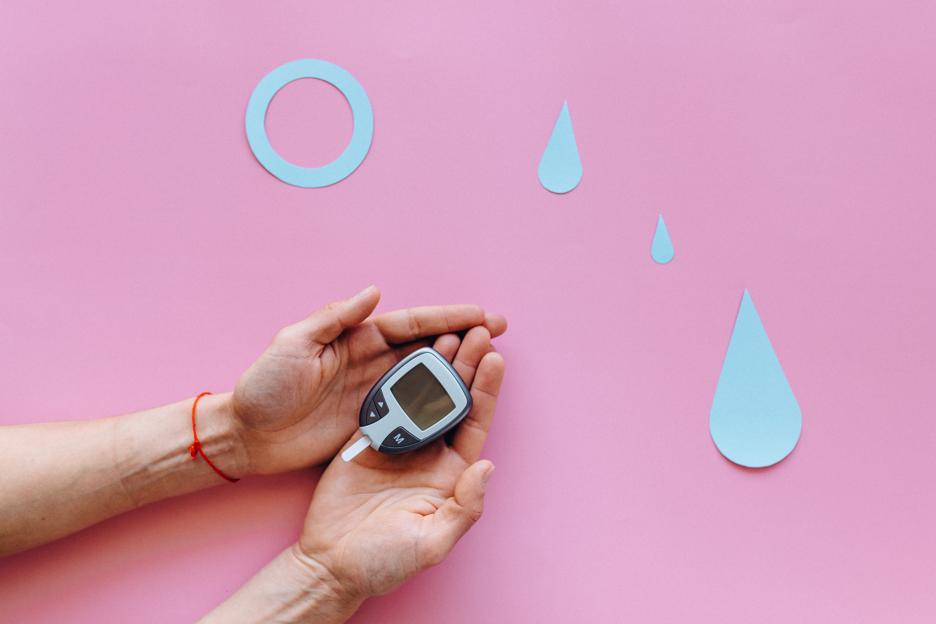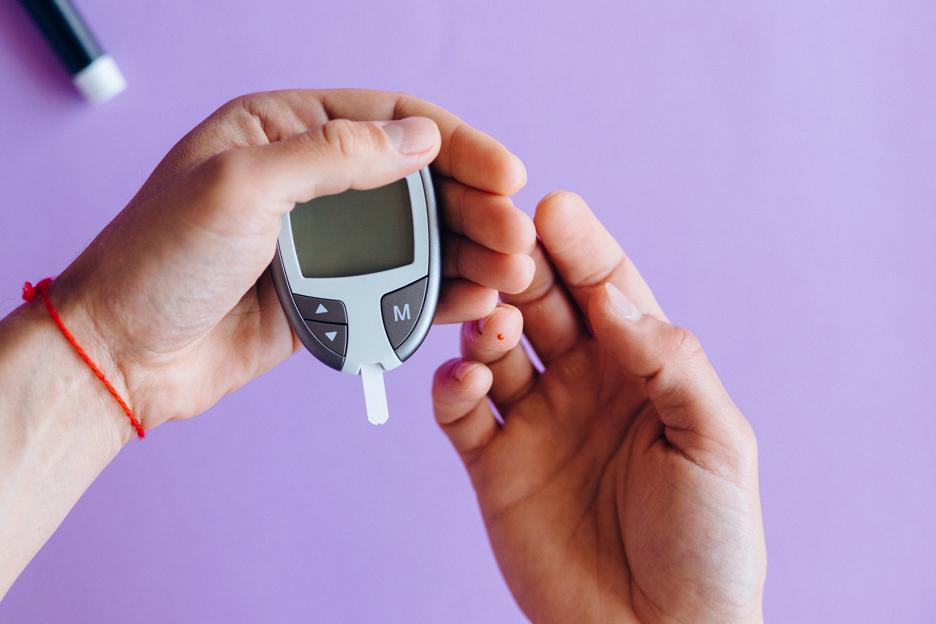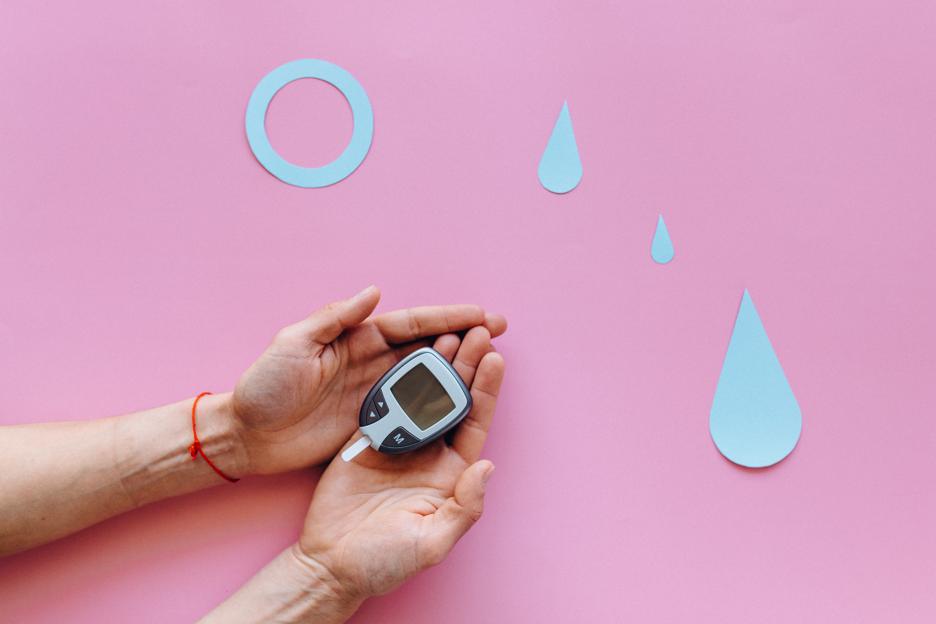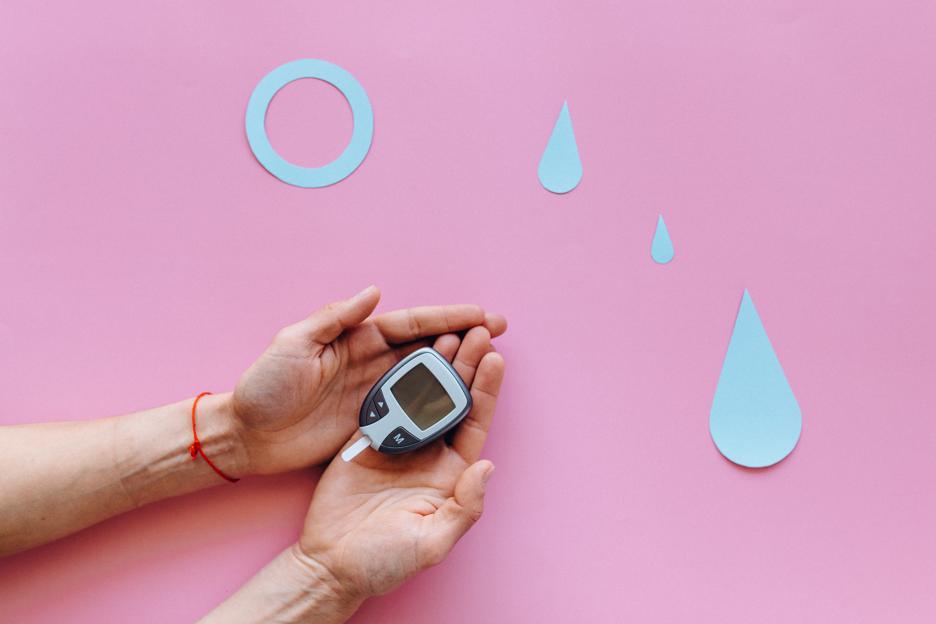Blood Sugar Management On Low Carb Diets
Living a healthy lifestyle is a goal for many, and managing blood sugar is an important component of that. One way to do this is through a low carb diet. In this blog post, we’ll take a look at the basics of blood sugar management on low carb diets and why it’s important.
We’ll discuss how to monitor your blood sugar levels on a low carb diet, what foods to eat and avoid, and the potential health benefits of managing your blood sugar. By the end of this blog post, you’ll have a good understanding of how to manage your blood sugar on a low carb diet.
Understanding how low carb diets work

Low carb diets are becoming increasingly popular as a way to manage weight and to improve overall health. But how exactly do low carb diets work?
This means that instead of relying on carbohydrates as your main source of energy, your body burns fat instead. This has a number of benefits, including weight loss, improved blood sugar control, and generally better health.
One of the main mechanisms behind the success of a low carb diet is the effect it has on blood sugar. By limiting the intake of carbohydrates, blood sugar levels become more stabilized, which can lead to improved insulin sensitivity.
This allows the body to use sugar more efficiently, leading to better blood sugar management.
Maintaining healthy blood sugar levels on a low-carb diet

Maintaining healthy blood sugar levels while on a low-carb diet can be a tricky balancing act. On the one hand, you want to avoid consuming too much sugar or carbohydrates in order to maximize the health benefits of the diet. On the other hand, you don’t want to consume too few carbohydrates and sugars in order to avoid dangerous hypoglycemia.
On the other hand, you don’t want to consume too few carbohydrates and sugars in order to avoid dangerous hypoglycemia. Fortunately, there are several steps that you can take to ensure that you’re able to safely and effectively manage your blood sugar on a low-carb diet. These include consuming complex carbohydrates, eating a balanced diet, monitoring your blood sugar levels regularly, and engaging in regular physical activity.
Following these steps can help you to keep your blood sugar regulated while on a low-carb diet and maximize the health benefits of the diet.
The role of macronutrients in blood sugar control

Maintaining healthy blood sugar levels is essential for overall health and wellness. Low carb diets are a popular way to manage blood sugar levels, but it’s important to understand the role of macronutrients in this process.
This means that the fats, proteins, and fiber in your diet become the main sources of energy. To ensure that your body has the nutrients it needs, it’s important to choose foods that are rich in these macronutrients and low in carbohydrates.
Eating a variety of whole foods, such as lean proteins, healthy fats, and fiber-rich vegetables, can help you keep your blood sugar levels in check while still providing the nutrients your body needs.
Foods to avoid and include on a low-carb diet for blood sugar management

Managing blood sugar levels is key to maintaining good health, and a low-carb diet can be an effective way to do so. However, it’s important to understand which foods to include and avoid on a low-carb diet in order to get the best results. Foods high in carbohydrates can spike blood sugar levels and should be avoided or kept to a minimum.
On the other hand, foods that are low in carbohydrates, have a low-glycemic-index, and are rich in fiber, proteins, and healthy fats can all help to normalize blood sugar levels. Examples of foods to include are lean proteins such as chicken, fish, and eggs, as well as healthy fats like avocados, nuts, and seeds.
Additionally, low-carb vegetables such as broccoli, spinach, and kale are excellent options as well. To be sure you’re getting the most out of your diet, it’s important to avoid sugary treats, high-carb snacks, and processed foods as much as possible.
Strategies for creating a balanced low-carb diet

Creating a balanced low-carb diet can be key to maintaining a healthy lifestyle. By carefully managing your carbohydrate intake, you can help regulate your blood sugar levels and keep your body feeling its best.
This can help to reduce unhealthy blood sugar spikes and crashes. Additionally, it is important to focus on consuming adequate amounts of healthy fats, proteins, and vegetables to ensure a balanced diet.
By doing so, you can reap the benefits of a low-carb diet while maintaining a healthy and balanced lifestyle.
Final Touch
In conclusion, blood sugar management on low-carb diets can be a great way to improve overall health and well-being. Low-carb diets can help reduce blood sugar levels by limiting the amount of carbohydrates and sugars in the diet. Additionally, a low-carb diet can help improve insulin sensitivity and reduce inflammation, helping to keep blood sugar levels in a healthy range.
Additionally, a low-carb diet can help improve insulin sensitivity and reduce inflammation, helping to keep blood sugar levels in a healthy range. However, it is important to remember that individual blood sugar needs vary, so it is important to consult with a healthcare provider before making any major dietary changes.







